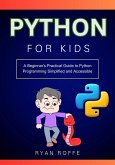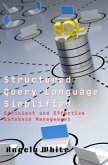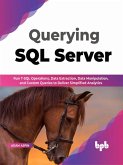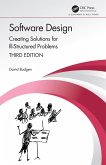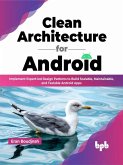Design patterns are reusable solutions to common problems that arise in the design of object-oriented systems. They provide a way to structure and organize code, making it more flexible, maintainable and extensible. This book covers the most commonly used design patterns in C++, such as the Singleton, Factory, Observer, and Decorator patterns. Each pattern is explained in detail, with real-world examples and C++ code snippets that demonstrate how to implement the pattern in an actual C++ application.
In addition to design patterns, the book also covers SOLID principles, which are a set of guidelines for writing maintainable and extensible code. The SOLID principles are widely considered to be best practices in object-oriented software development, and this book explains how they can be applied in a C++ context.
Throughout the book, you will find practical examples that will help you understand and apply the concepts presented. If the code examples are too complicated the code will be split in multiple header files and implementation files and you will find the main function appearing first in the code in order to give you an overview of what the intent of the design pattern is. Hopefully this will also give you a hint about what all the classes that follow are supposed to do. Otherwise, if the examples are not so complex, the main function is last and all the code is written in the same file. Also, sometimes, if the code is too complex, too make it easier to understand, using namespace std is used at the beginning of the file in order to avoid the std:: repetition.
Whether you are a beginner or an experienced programmer, this book will help you to improve your C++ programming skills and write better, more maintainable, and more extensible code.
Dieser Download kann aus rechtlichen Gründen nur mit Rechnungsadresse in A, B, CY, CZ, D, DK, EW, E, FIN, F, GR, H, IRL, I, LT, L, LR, M, NL, PL, P, R, S, SLO, SK ausgeliefert werden.




